
The grandeur of the Super Bowl, a premier event in American sports, once again became a focal point for national dialogue beyond the gridiron action. In New Orleans, at Super Bowl LIX, the Grammy Award-winning artist Ledisi performed “Lift Every Voice and Sing,” often referred to as the “Black national anthem,” during the pregame ceremonies. This performance, while celebrated by many, simultaneously ignited a familiar controversy, drawing passionate responses from across the spectrum of public opinion.
This marks the fifth consecutive Super Bowl where the song has been featured in the pregame, each instance seeming to generate disagreement about its appropriateness. The renewed debate comes amidst a period characterized by increasing rejections of antiracism messaging and diversity, equity, and inclusion (DEI) initiatives across various sectors of American life, ranging from sports and corporate boardrooms to the federal government itself.
More than a century ago, in 1919, the NAACP adopted “Lift Every Voice and Sing” as the “Black national anthem.” The song’s origins trace back even further to 1900, when civil rights activist and NAACP leader James Weldon Johnson, who was also the first Black American to pass the bar in Florida, initially wrote it as a poem. His younger brother, J. Rosamond Johnson, a musician, then composed the music, transforming it into the song now widely celebrated by Black people across the United States.

Ken Knuckles, a music teacher with over 25 years of experience in Lithonia, Georgia, described the song as “powerful, inspirational.” He noted that he has taught the song to countless students, some as young as middle schoolers. According to Knuckles, these students sing it “the way it’s supposed to be sung: with pride.”
Knuckles further elaborated on the song’s profound impact, stating, “It’s the words. Words have power and this song is about achievement. The song means the world to people of color. It reflects how long we had to struggle to get where we are now. The song is inspiring and aspiration.” These sentiments underscore the deep cultural and historical resonance the song holds for many.
Ledisi, a New Orleans native, expressed her honor at being chosen to perform the song on such a prominent platform. During a news conference leading up to the game, she stated, “I feel like I’m in alignment with greatness to stand in this moment and sing that song.”
The Grammy-winning artist reflected on her career, noting, “I’m used to this in my career, standing in moments, representing the past and the future and the current state of the world. I’m used to that pressure.” She emphasized her motivation, stating, “I just remember who I’m doing it for. I remember my ancestors. I remember everyone waiting for this moment to feel hopeful and to feel represented.”
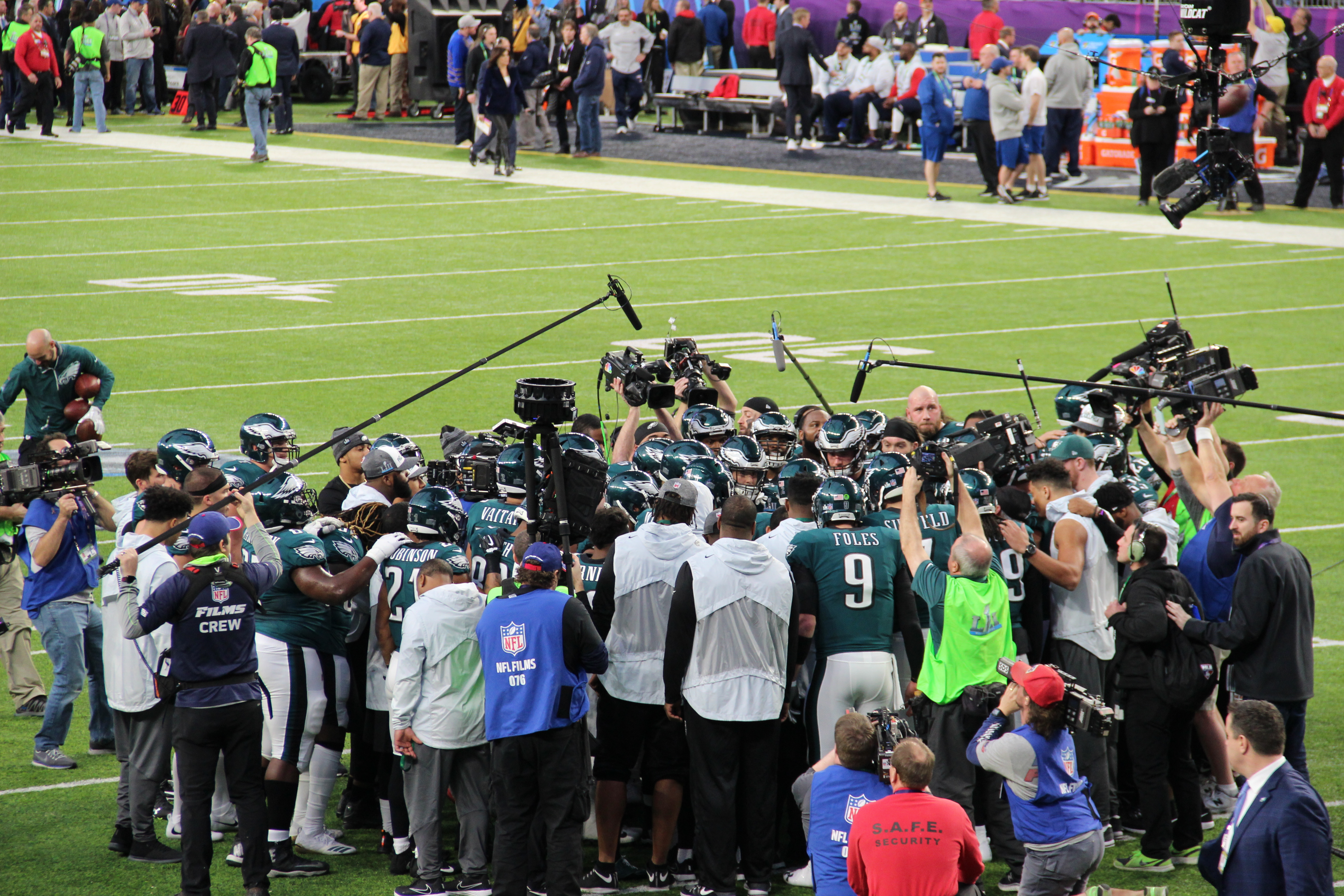
Despite the song’s historical significance and widespread embrace within Black communities, its inclusion in the Super Bowl pregame has consistently drawn criticism. Rep. Lauren Boebert, for instance, stated on X, “there’s ONE NATIONAL ANTHEM.” Other critics labeled the song, which addresses themes of resiliency and hope for an oppressed people, as a “Black supremacy” song or simply “racist and divisive.”
Some Black conservatives also voiced objections, arguing that the song should not be performed at the game, characterizing it as “a desperate Hail Mary to exploitation” and asserting that it “foments racial divides and animosity.” These varied objections highlight the complex and often contentious nature of the discussion surrounding the song’s public performance.
The current controversy surrounding “Lift Every Voice and Sing” aligns with the initial weeks of Donald Trump’s return to the White House. During this period, Trump has signed numerous executive orders, some of which are aimed at dismantling DEI initiatives within the federal government and beyond, influencing broader conservative sentiment.
Gerald Early, a pop culture essayist and professor in the African and African American studies department at Washington University in St. Louis, weighed in on the framing of the song. Early suggested that “The performance of the song should be framed to the public not as a protest song but as a song of Black affirmation, perseverance and inspiration.”
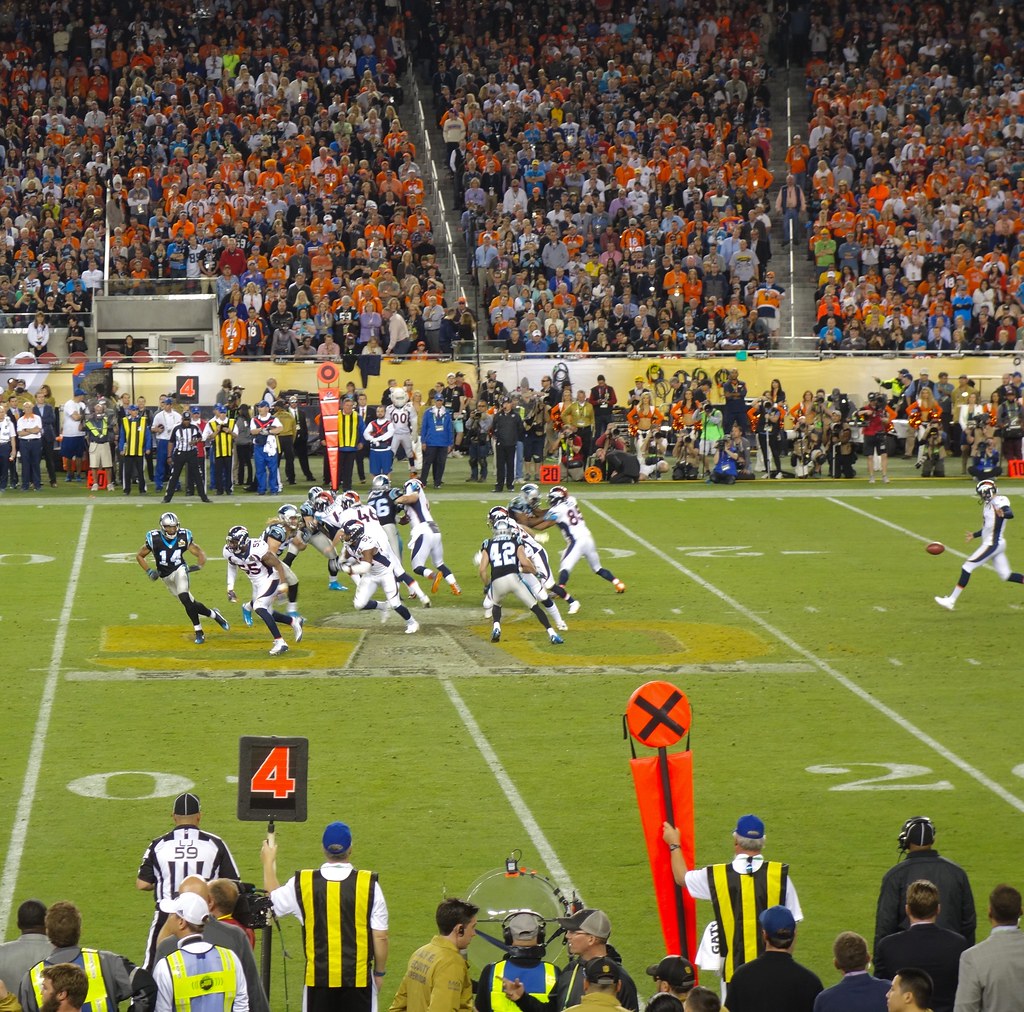
Early acknowledged the challenging aspect of the situation, adding, “It is unfortunate that the song’s performance has become a culture war issue.” He also observed that having “Lift Every Voice and Sing” performed is not intended as “an indictment or remonstration on the league — or a political statement.”
He further posited that “Feelings might be running a bit more strongly on this issue since Donald Trump won the election decisively and he has always been opposed to this sort of thing.” This perspective suggests a confluence of political dynamics intensifying the debate.
A self-described nationalist netizen commented, “Just muted the Black national anthem. There is only one national anthem, and it is for ALL Americans.” Another fan offered a unique perspective, observing, “They did the black national anthem 45 minutes early so as not to offend those who think that they are losing their country.” The intensity of opposition was also evident in more direct comments, such as “THE BLACK NATIONAL ANTHEM!!!”

The NFL itself has navigated a complex landscape regarding social messages and player protests. In 2016, former NFL quarterback Colin Kaepernick began taking a knee during the national anthem to protest police brutality against Black men. Kaepernick never played in the league again, with Donald Trump frequently leading discourse against his actions.
Early drew a parallel between the reception of the Black national anthem and the criticism Kaepernick faced. He noted that “Some who are opposed to ‘Lift Every Voice and Sing’ think of it as another protest or as a protest song and couple it with Kaepernick’s protest.” He suggested that these individuals are, more than likely, “sick of protests associated with American sports and American entertainment generally.”
In an interview, ESPN commentator Stephen A. Smith accused critics of the so-called ‘black national anthem’ of threatening the ‘fabric’ of America. He compared the backlash to Donald Trump ‘hijacking’ the debate surrounding Colin Kaepernick’s protests.
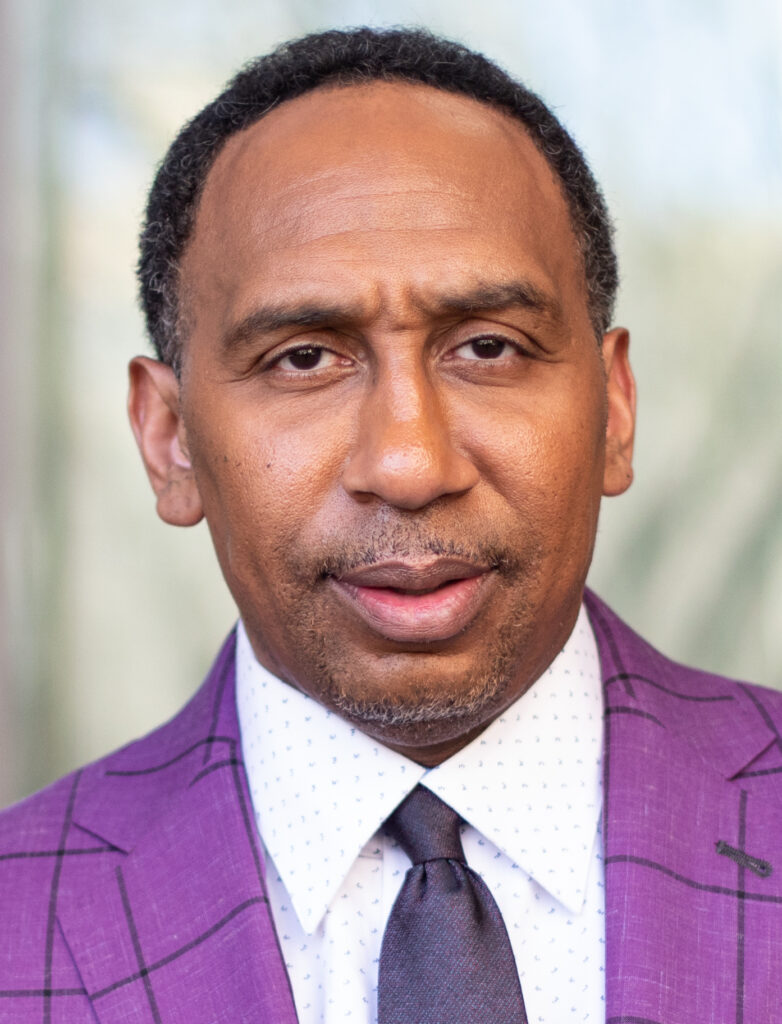
Smith emphasized the right of different groups to express cultural pride, stating, “I understand that society can be very polarizing at times, but the reality is that segments of our population have a right to be prideful about their culture, their people.” He added, “Everybody has a right to feel the way that they feel… if you’re not doing harm to anybody else, leave it be.”
Smith argued that attempts to dictate how people should think or feel, particularly when no harm is being done, begin to infringe upon fundamental American principles. He asserted, “When we start telling people how to think and how to feel, even when they’re not harming anybody else? Now you’re touching on the American fabric.”
He continued, “That’s not what America is about. Freedom of speech, freedom of religion, freedom to think, to be a free thinker, that’s what makes America special, and that’s what we have to remember.” Smith also accused critics of hypocrisy, asking for consistency in complaints.
He offered a comparison, stating, “When the Jewish community tells us what they’re passionate about and what they care about, non-Jewish people don’t try to tell them how to feel.” Smith then extended this logic, asserting, “Well, black people have a right to feel the way that they feel – about whether there’s a black national anthem or anything… as long as it’s not something that’s harmful to America, the nation itself or to any segment of our population, what’s the problem?”

Smith elaborated on his claim that Trump had ‘hijacked’ the narrative surrounding Kaepernick, recalling an anecdote from 2014 when Trump allegedly expressed a desire to purchase the Buffalo Bills. Smith quoted Trump as saying, “If they get in my way – meaning the NFL owners – I’m gonna get them all back. I’m gonna run for president.” Smith noted, “Those are his exact words. They didn’t let the sale go through, and he ran for president. The rest is history.”
Smith highlighted inconsistencies in reactions to player actions, pointing out that Marshawn Lynch would sit on coolers or the bench, eating a banana, without eliciting widespread outcry. He questioned, “No one said a word. Why are you tripping over Colin Kaepernick?” This line of reasoning suggests a selective application of criticism.
Trump, who was confirmed to attend Sunday’s game, marking the first time a sitting President has attended the Super Bowl, has been a central figure in the broader debate. He has actively pushed corporations to end DEI programs, with many conservatives supporting his stance. Despite this, NFL Commissioner Roger Goodell stated this week that DEI policies have improved the league, affirming the organization’s commitment to them.
Early noted that Black players comprise approximately 53% of the athletes in the NFL, a league that began integration in 1946. However, an Associated Press survey of 65 Black NFL players indicated widespread disappointment that 11 franchises have never hired a Black coach, a concern that has persisted for over four decades.
The Super Bowl event also featured changes to the NFL’s endzone stencils, which began in 2020 with “End Racism” following protests sparked by the police murder of George Floyd in Minneapolis. This year’s Super Bowl saw touchdowns scored in front of the message, “Choose Love.”
Early commented on these evolving social messages within sports, stating, “The problem the NFL is facing is that once you begin to advertise socially conscious messages, you offend people who don’t want to be preached to while watching sports.” He added, “They go to sports to escape politics, not to get more of it.”
Tennessee Democratic Rep. Steve Cohen expressed his disappointment on X regarding the crowd at Super Bowl LVIII, where Andra Day performed the song. Cohen observed, “Very, very few stood at Super Bowl for ‘Lift Every Voice and Sing’. The Negro National Anthem. Not a pretty picture of Super Bowl crowd.”
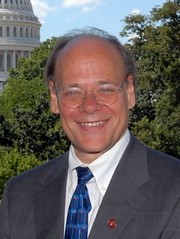
Cohen, who is Jewish and represents Tennessee’s 9th Congressional District, which is 66.8% Black, defended the song’s inclusion. When an X user criticized the use of two national anthems, Cohen replied, “I stand for both. And in Memphis, most do.”
He further explained his position, stating, “I honor our national anthem and respect it as representing our country and in our pride in it. However, if you look at the history and some of the verbiage, it does relate to slavery, but not in a questioning manner.” This view acknowledges complex historical layers within national symbols.
The debate extends beyond the anthem itself. Right-wing figures similarly complained about Kendrick Lamar’s halftime show at Super Bowl LIX, which celebrated Black cultures and experiences, featuring Black dancers and stars such as singer SZA, tennis legend Serena Williams, and veteran actor Samuel L. Jackson. Some naysayers labeled the show a “DEI halftime show,” a term many on X interpreted as a thinly veiled criticism of the show’s celebration of Blackness.
Attacks on Black and other cultural celebrations and traditions have noticeably increased since Trump’s recent return to office. The Defense Department announced in a memo last month that it would no longer observe cultural awareness months, including Black History Month, citing Trump’s executive actions targeting DEI practices. The agency’s memo stated that “Efforts to divide the force – to put one group ahead of another – erode camaraderie and threaten mission execution.”
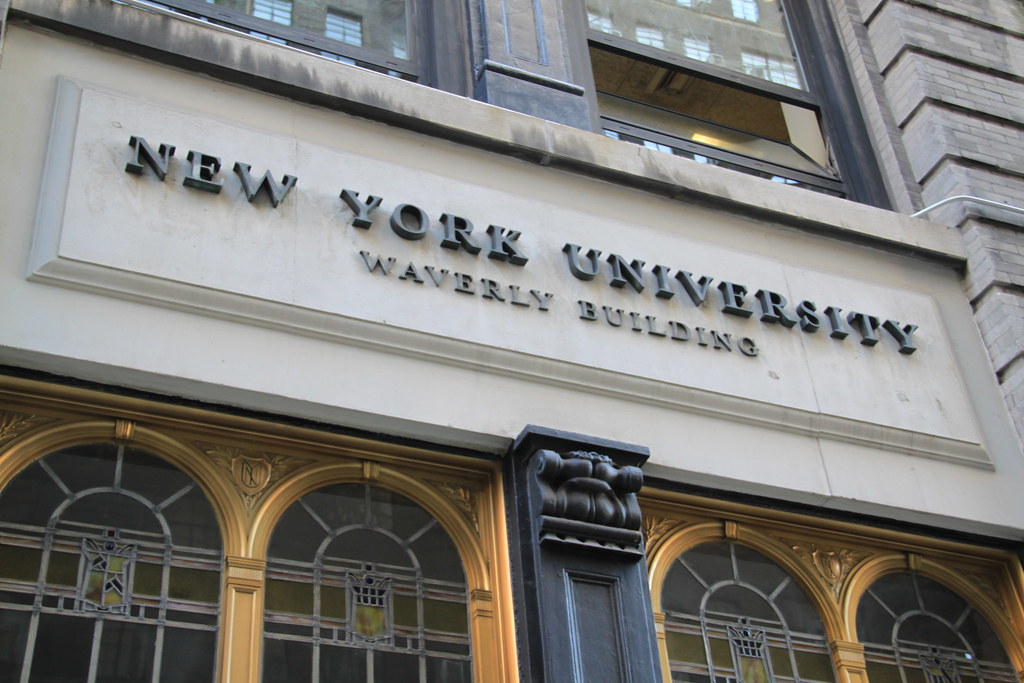
However, Erica Foldy, an associate professor of public and nonprofit management at New York University’s Wagner Graduate School of Public Service, argued that reflecting on Black history should not be considered divisive; instead, it is “essential.” Foldy highlighted the historical context, noting, “For centuries, Black history was erased.”
Foldy emphasized the critical role of Black History Month, stating, “Black History Month raised the visibility of Black history — about slavery and Jim Crow but also about the essential role of Black people in creating the U.S. we know today.” She underscored the ongoing necessity of these efforts, adding, “It is essential that these topics remain squarely on the agenda — otherwise, they will go back to being erased.”
Shana Redmond, an author and professor at the University of California, Los Angeles, who specializes in music, race, and politics, provided a deeper understanding of “Lift Every Voice and Sing.” She told NPR in 2018, “To sing this song is to revive that past — but also to recognize, as the lyrics of the song reveal, that there is a hopeful future that might come of it.”
Redmond also offered a critical comparison to “The Star-Spangled Banner,” suggesting it was “missing a radical history of inclusion, was missing an investment in radical visions of the future of equality, of parity.” She concluded, “‘Lift Every Voice and Sing’ became a counterpoint to those types of absences and elisions.” Indeed, the California NAACP called for a new anthem in 2017, citing certain lyrics of “The Star-Spangled Banner,” written in 1814, as racist and anti-Black.

The lyrics of “Lift Every Voice and Sing” embody a powerful message: “Sing a song full of the faith that the dark past has taught us / Sing a song full of the hope that the present has brought us.” Historian Burton W. Peretti noted in a 2016 essay on the Library of Congress website that “The dialectic of hope and agony presented so memorably in this song remains central to the African American experience today.”
The song is a staple in various Black institutions, frequently sung at churches, schools, and historically Black colleges and universities. Its significance has also been amplified by landmark performances, such as Beyoncé’s memorable rendition during her historic 2018 Coachella performance, where she became the first Black woman to headline the festival.
Beyoncé reflected on the performance in an essay for Vogue, writing that singing the song was “one of the most rewarding parts of the show.” She further shared, “I know that most of the young people on the stage and in the audience did not know the history of the Black national anthem before Coachella. But they understood the feeling it gave them.”
Ledisi, in an interview with CNN ahead of her Super Bowl performance, highlighted the song’s broader cultural significance. She stated that the song, and music in general, is a part of “American culture,” affirming, “Whether some believe it or not, it’s part of our history.” She expressed her honor in helping “remind us all why music is a beautiful language for us to come together.”

The enduring presence of “Lift Every Voice and Sing” at the Super Bowl, despite recurring controversies, underscores a deeper national conversation about identity, history, and the pursuit of unity. While some see it as divisive, for others, it represents a vital affirmation of Black history, perseverance, and aspirational hope. The very public nature of its performance each year ensures this complex dialogue continues to unfold on one of America’s biggest stages, challenging audiences to consider the diverse narratives that shape the nation’s cultural fabric.



